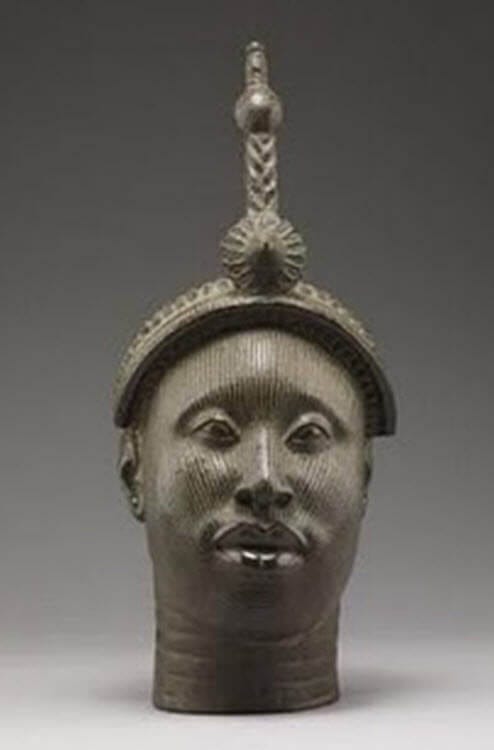The Yoruba Tribe’s Value System
I believe strongly in this notion, that to understand a group of People — study their value system. The value system, more often gives a better idea of the way of life, drive and aspiration of people in that group. More often, misunderstanding is very easy when another group’s values are not in alignment with yours. The Mercedes doctrine in car design is different from Toyota’s or Honda’s Doctrine, all sort of serve the original purpose, and you will find certain metrics in which one outperforms the other in alignment with the design philosophy. This explanation is also important for explaining tribes or groups of people. As a reference, as sourced from the internet, to understand the Chinese, look at their values -
“The Chinese traditional cultural values of harmony, benevolence, righteousness, courtesy, wisdom, honesty, loyalty, and filial piety are embodied in China’s diplomacy through the concept of harmony, the most important Chinese traditional value.” — https://carnegieendowment.org/
To understand the success of the Jews, look at their value system —
“That is: integrity, respect, kindness and a sense of reverence or compassion toward the laws and rules ... It should promote an active sense of citizenship and regard for the common good.” — https://www.ljfs.org/
When the values of a group are studied, appreciation and understanding follow.
In Yorubaland, money is not high on the list of achievements of a man or woman, it is number six! A lot more comes before money and I will try to explain as sourced.

What are the first five?
1. Knowledge — The first is làákà’yè — The application of knowledge, wisdom & understanding. (Ogbón and ìmò òye)
2. Integrity — The second is Ìwà Omolúàbí — (integrity) Someone with integrity is a man/woman of their word.
If you have all the wealth in the world but lack integrity, you are not worth a thing. Integrity is combined with iwa, (character) which we regard as Omolúàbí.
3. Valour or bravery — The third is Akínkanjú or Akin — (Valour).
That is why Balóguns is second-in-command to the leaders in Yoruba land. Balóguns are people that can lead them to war. To lead with great courage in the face of danger, especially in battle. Yoruba people have no respect for cowards.
4. Work — The fourth is Anísélápá tí kìíse òle — (Having a visible means of livelihood).
A person must be identified with a visible means of livelihood that guarantees a lawful income or sustenance. His or her profession or job must be open and legally approved by society, and not through cheating or forcefulness.
5. Honour — The fifth is iyi- (Honour) Yoruba people place a premium on the gait with which individuals carry themselves and their public reputation.
That is why Yorùbá people usually say when you set out to look for money and you meet honour on the way then you don’t need the journey anymore, because if you get the money, you will still use it to buy honour.
6. Success — The last in the Yorùbá value system is owó tàbí orò- (Money or wealth).
This will thus explain the tremendous communal stride of the group, and the tremendous emphasis on the success of the group thus far. We need truly Afro-centric content to dispel the negative perceptions hurting Africa’s economy indirectly.
Àṣẹ
